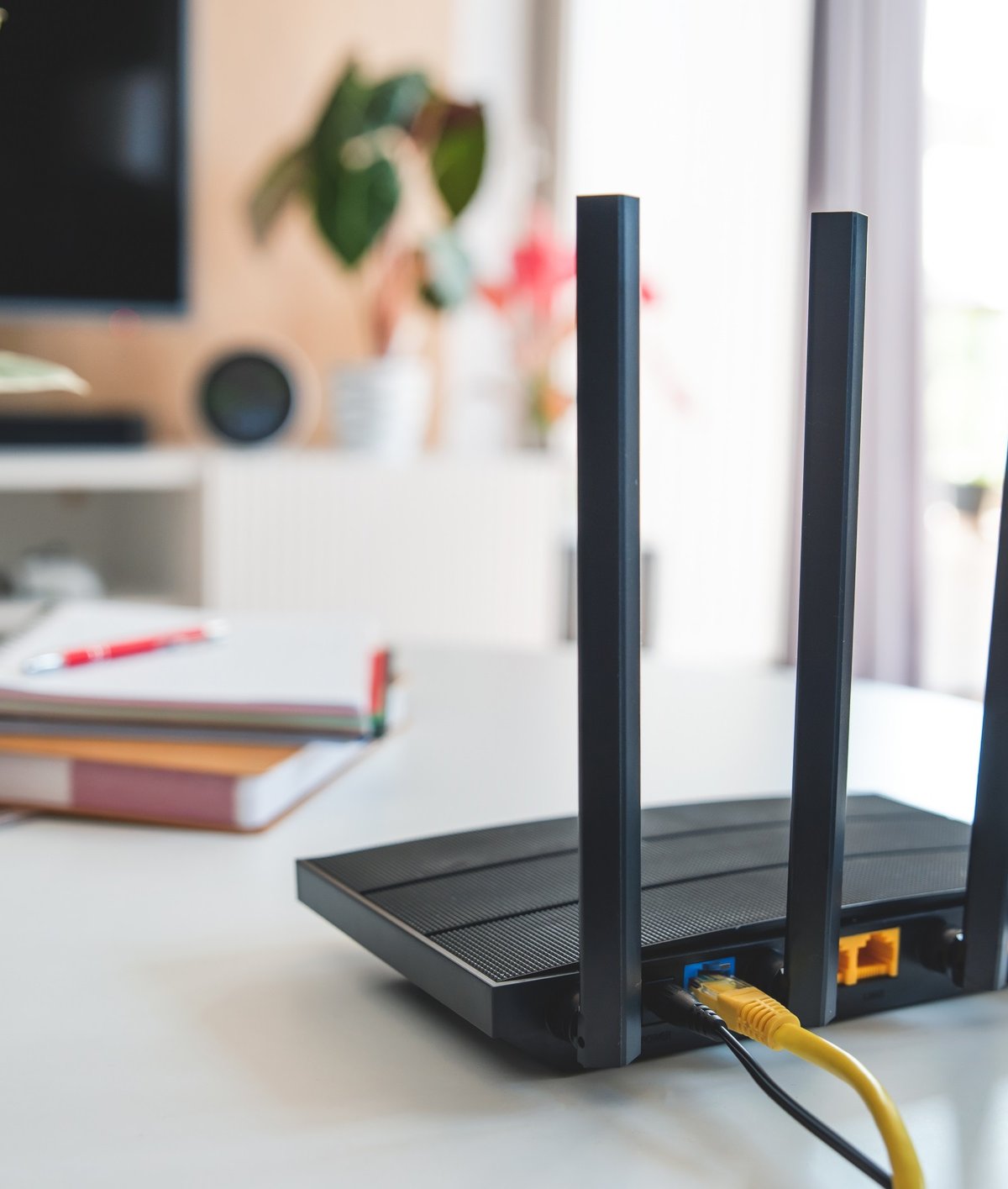It is difficult for a home or company to not have a router right now. This device is important when we talk about purely internet data transfer, but what many people don’t know is that Its functions go far beyond that.
Did you know, for example, that a router can guarantee a secure network for your guests? Or even want to create a VPN for your connection?
Next, we’ll cover some features found in routers that many people don’t know exist. Check out!
1. Content Filter
In addition to simply blocking specific websites, some more advanced routers may offer filters that allow you to block or allow content based on predefined categories. This is extremely helpful for parents, games, social networks, adult content, etc. can limit access to things.
Some routers also allow you to schedule specific time periods to enforce these restrictions. Once again, it’s a feature that can be very helpful to parents when they need an ally to limit children’s screen time, for example.
2.VPN

Virtual Private Networks (VPNs) have become very popular in recent years. After all, people can access content as if they were in another country, thanks to them.
In the case of the router, it allows you to create a secure and encrypted connection to your home network from anywhere in the world.
This is especially useful When you need to access home network resources while away from home such as shared files, network printers or security cameras.
3. Traffic prioritization
There’s one you probably don’t know about, and it’s extremely useful when you want your connection to be focused on one service in particular.
This function allows you to prioritize certain types of traffic on the network. In this way, it is possible to guarantee a better experience in activities that require a stable and fast connection, such as video streaming, online games or video calls.
You can configure your router to prioritize certain devices or types of traffic. This way, they will have enough bandwidth to run smoothly even when the network is congested.
4. DDNS (Dynamic DNS)
DDNS is useful when you want to access your home network from outside, but your ISP assigns you a dynamic IP address that changes periodically.
When DDNS is configured, you can associate a permanent domain name with your network’s dynamic IP address. This gives you access to your devices (like security cameras or home servers). Using an easy-to-remember domain name instead of a complex IP address.
5. Firewall

The firewall built into the router can help protect your network from internet threats such as hacker attacks, malware, and viruses.
You can configure firewall rules to block or allow certain types of traffic. By IP addresses, network ports or protocol types. This helps ensure that only authorized traffic is allowed into or out of your network.
6. Guest Network

Do you usually have a lot of friends at home and are wondering whether you should share your network? To protect your privacy and security, simply set up a separate guest Wi-Fi network.
In addition to keeping your personal devices isolated from the guest network for security purposes, you can also limit access to the bandwidth the guest network can use. This ensures that your activities do not impact the performance of the main network.
7. Network Storage (NAS)
Connecting external storage devices such as USB flash drives or hard drives to the router allows you to share files on the local network.
Some routers also offer advanced network storage features. This allows you to set up a media server to stream video or music content to networked devices, or even a backup server to protect your important data.
But did you know about all these additional functions of routers? Share this content with your friends and also read what you should pay attention to when choosing a router. To the next one!
Source: Tec Mundo
I am a passionate and hardworking journalist with an eye for detail. I specialize in the field of news reporting, and have been writing for Gadget Onus, a renowned online news site, since 2019. As the author of their Hot News section, I’m proud to be at the forefront of today’s headlines and current affairs.










